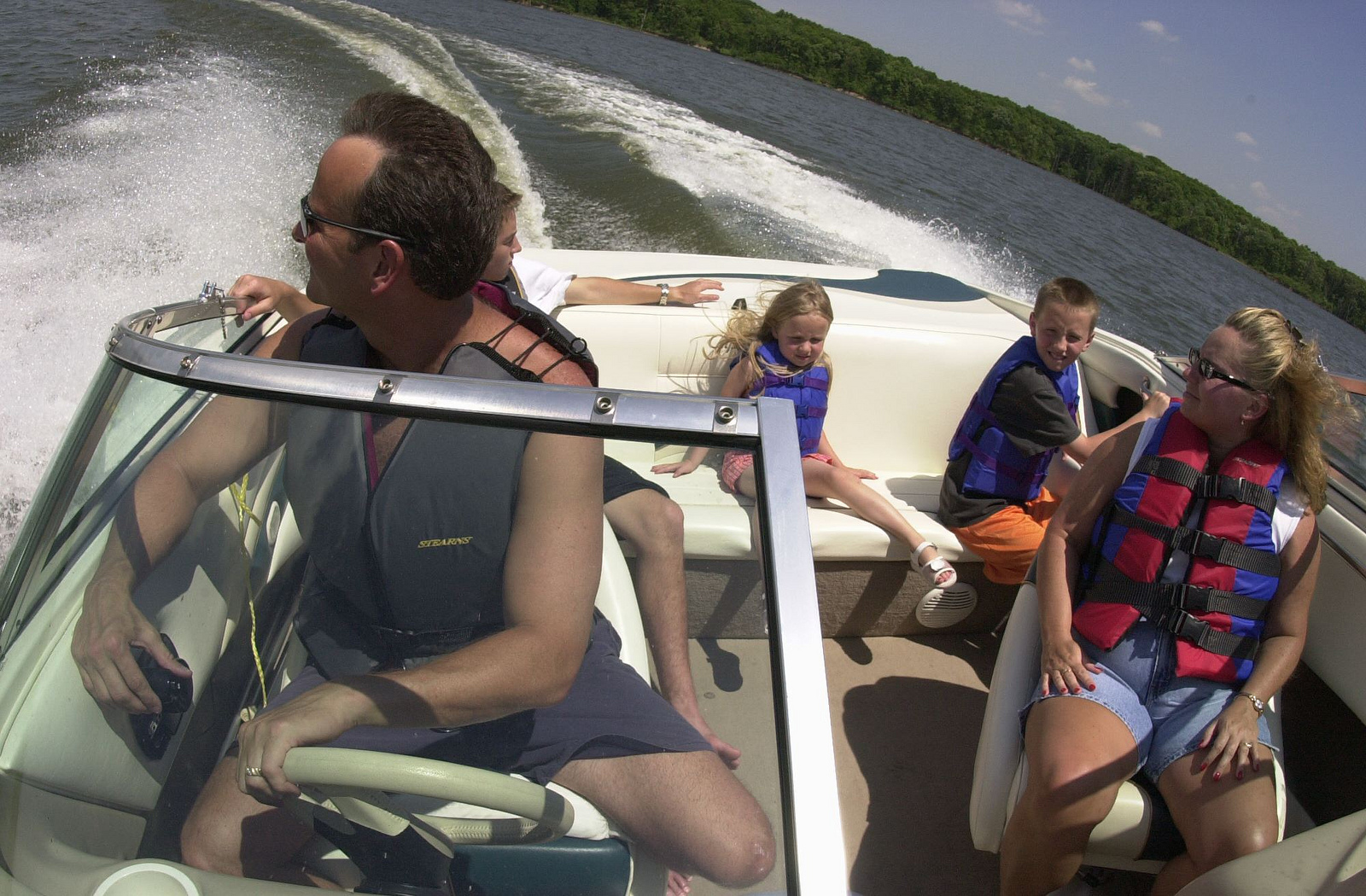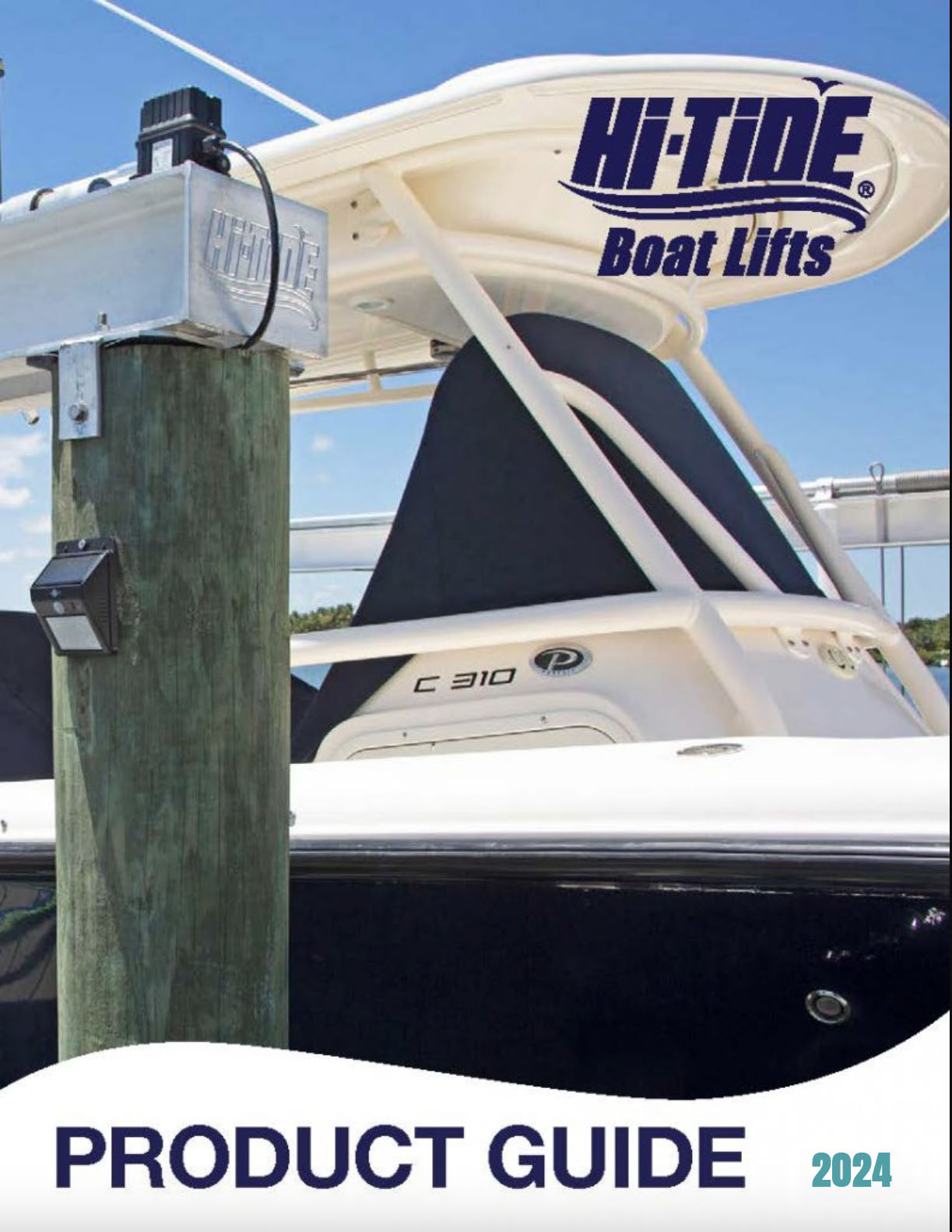
Though boating is a pastime that we love, it does come with some inherent dangers that any boater should be prepared for. How do you prepare for emergencies on the water? Well, a little education and a lot of practice can go a long way when staying safe on your next boating trip. It may not be the most fun activity to do on your day of leisure, but practicing regular boating safety drills is vital to the safety of yourself, your friends and loved ones while on the water.
Important Safety Drills to Practice
- Fire Drill: Unlike the drills you remember from grade school, these fire drills test to ensure you know your extinguisher placement on all decks, as well as illustrating if there are enough extinguishers onboard to avoid being trapped by potential flames. Unlike on land, there is nowhere to run if your boat becomes overwhelmed with flames. Run through some worst-case scenarios to make sure your boat can handle the heat.
- Man Overboard (MOB): It’s a nightmare scenario, and one that can happen all too often; a passenger falls overboard. In the case of a MOB, it’s vital to not only know what to do (such as keeping the MOB in sight at all times and how to maneuver your vessel properly), but also to demand that all passengers, and yourself, wear life jackets. Practice this scenario by tossing a spare life jacket into the water and seeing if you and your passengers can safely and quickly rescue the dummy MOB.
- Sinking Ship: In the extreme circumstance that your vessel is going down, you must have the knowhow and preparation to abandon ship quickly and safely. Common life-saving items include a fully stocked ditch bag and Personal Location Beacon (PLB) or Emergency Position Indicating Radio Beacon (EPIRB). In a drill scenario, make sure you would be able to send out a distress call, turn on your beacon and grab your ditch bag without issue.
Though boating is incredible fun for people of all ages and from all walks of life, it’s a recreational activity that requires you to respect its inherent dangers. Ensure that you not only have vital safety equipment (such as life jackets, fire extinguishers and location devices) but can also use them in an extreme, emergency situation. Keep yourself and your loved ones safe by practicing safety drills and following boating best practices while on the water; It may just save your life someday.

